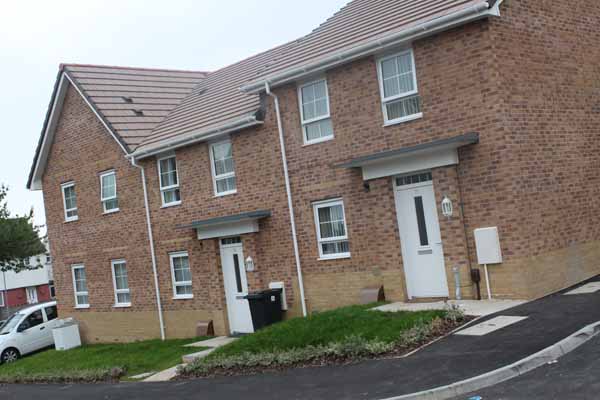
United Welsh housing association has borrowed £50 million to fund the construction of 600 new affordable homes across Wales.
The Caerphilly-based organisation has borrowed the money from M&G Investments, a leading international investment manager, in a long-term financing deal.
The 33-year private placement enables United Welsh to build the new properties over the next two years. Once completed, the developments will bring United Welsh’s total housing stock to around 6,000 properties across South Wales.
The deal follows a £30m loan United Welsh borrowed from M&G last year, through an initiative led by the Welsh Government, when M&G worked with 17 Welsh housing associations to provide £156m in loans.
Anthony Whittaker, United Welsh Chief Executive, said: “We are delighted that we have been able to negotiate this excellent loan package, which will allow us to continue expanding our housing stock across South Wales.
“There is a real need for high quality affordable housing in South Wales and this funding package means we will be able to provide hundreds of new homes.
“United Welsh prides itself on providing sustainable, high quality homes as well as creating fantastic communities where people are proud to live. This funding will help us continue to make a real difference to people’s lives.”
Mark Davie, Head of Social Housing, M&G Investments, said: “We are pleased to further our relationship with United Welsh as they continue to play an integral role in the community by providing local people with much needed housing.
“M&G has now invested over £5bn in UK social housing through property transactions, public bonds and private placements and we’re keen to do more. Our pension fund clients continue to seek cash flows over the long-term which are secured against residential property.”
Until 2007, housing associations generally relied on banks and The Housing Finance Corporation to meet their external funding requirements.
In recent years non-bank lenders such as M&G are providing an increasing amount of longer term finance as banks withdraw from this market.
